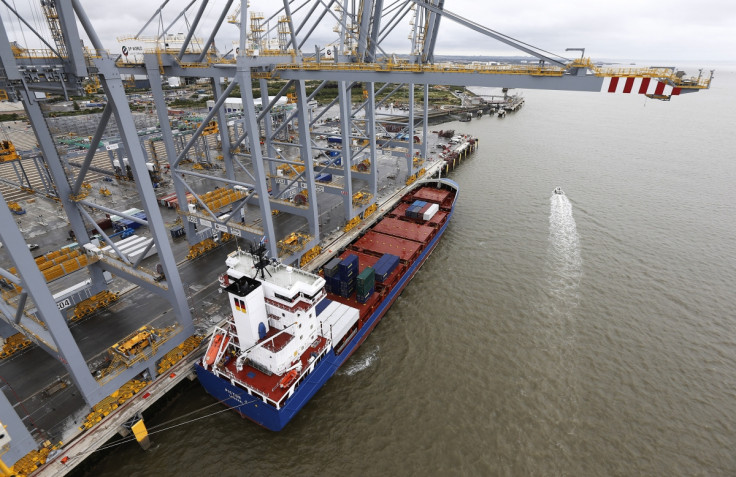SME Exporters Upbeat About 2015 Despite Poor UK Trade

The UK's exports sector continues to disappoint, but small traders are still expecting to do more business abroad in 2015.
New research from Open to Export, a government-backed exporters' forum, shows that 78% of SME exporters believe that 2015 will be an improvement on 2014. Interestingly, given the ongoing travails in the eurozone, the majority of those quizzed (59%) say Europe is the most likely new market for exporters.
Just 3% of the 400 small business chiefs polled believe that 2015 will be worse than 2014, in terms of exporting. The results jar slightly with some of the data released this week from the Office for National Statistics (ONS), which showed that business investment was down, implying weakening confidence.
ONS data also showed that the UK's trade deficit widened from £8.9bn in the second quarter of 2014 to £11.2bn in quarter three. Trade is, in fact, having a net drag on the economy.
The government's efforts to boost exports have intensified. In October, the government's main tool for offering financial support for exports, UK Export Finance (UKEF), participated in its first "direct lending" transaction.
UKEF provided half of a $110m loan to the Dubai World Trade Centre, with the other half coming from Deutsche Bank. The loan will support a Carillion construction contract – but critics have said the scheme does not do enough to support small businesses.
SME bodies are looking for the Chancellor George Osborne to use next week's Autumn Statement to rollout measures to support small businesses.
The Federation of Small Businesses (FSB) is calling for infrastructural investment, tax simplification and business rates reform. Chairman John Allan said: "Businesses want an Autumn Statement that delivers stability and certainty, and provides them with incentives to grow and create employment.
"That means investing in our infrastructure to match the world's best, whether that be broadband, road, rail or air. Regional connectivity, particularly between our great cities in the North, must be improved if the region is to reach its full potential and challenge the economic prowess of London.
"On taxes, businesses will be looking for measures to ease the cost of business rates, and a commitment to fundamental reform of the current, outdated system.
"The FSB has also long called for simplified and sharpened business support to match businesses' growth ambitions."
The government has set lofty ambitions for the UK's exports sector, targeting a doubling in volume to £1tn by 2020.
It also wants to get 100,000 companies exporting for the first time, also by 2020. However, given the weak trade data that has defined 2014 for the sector, the country is some way off meeting these targets.
© Copyright IBTimes 2024. All rights reserved.






